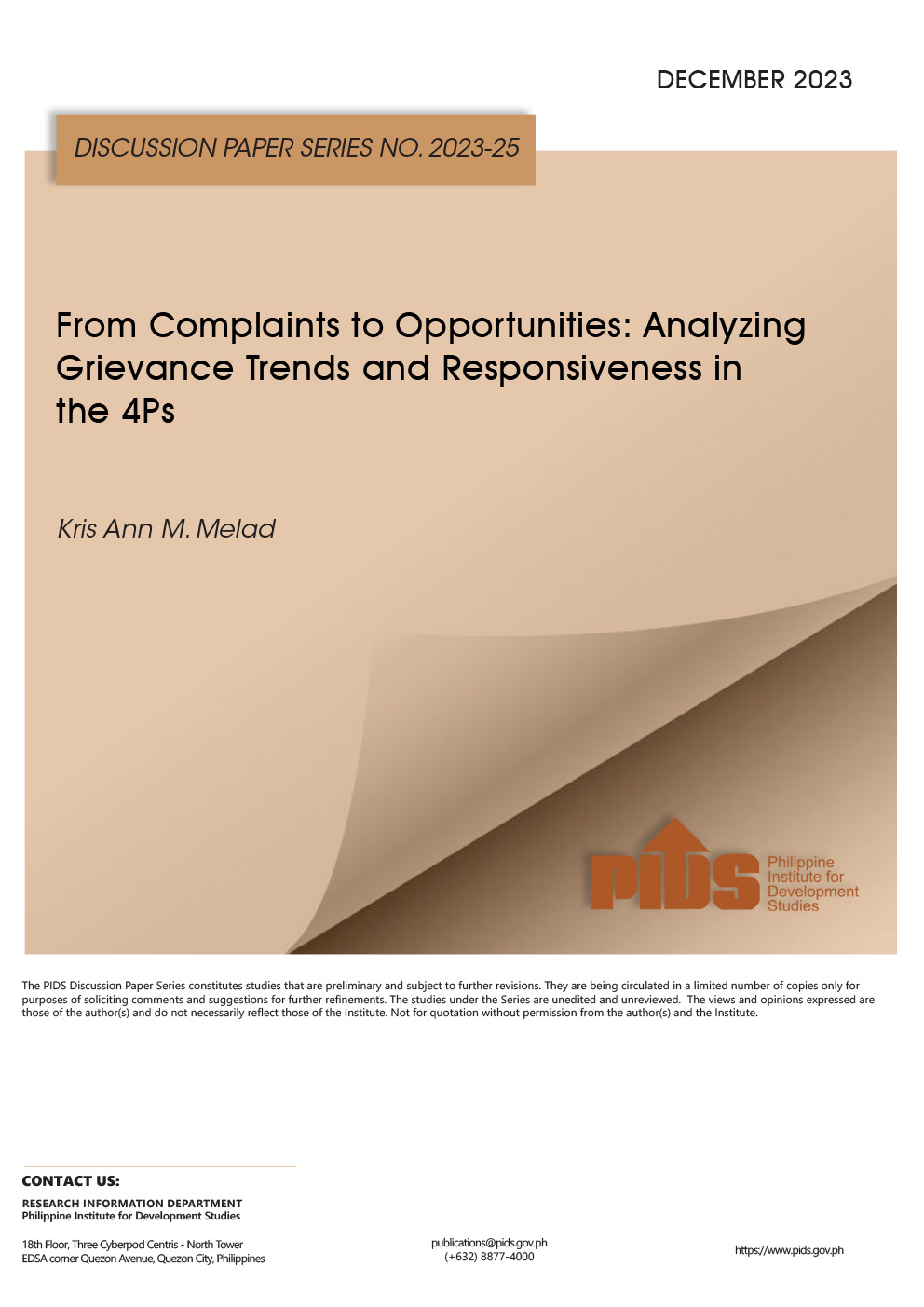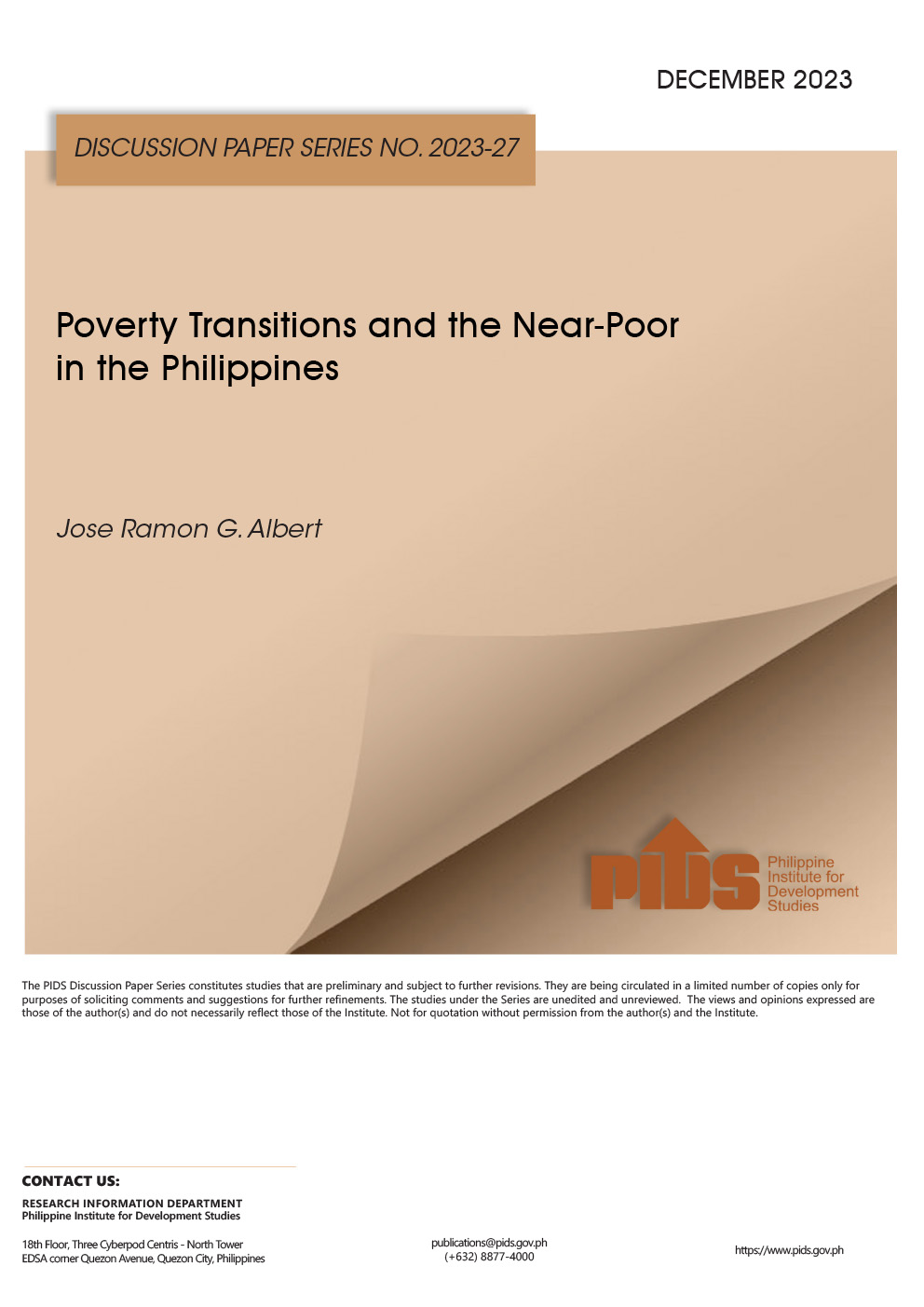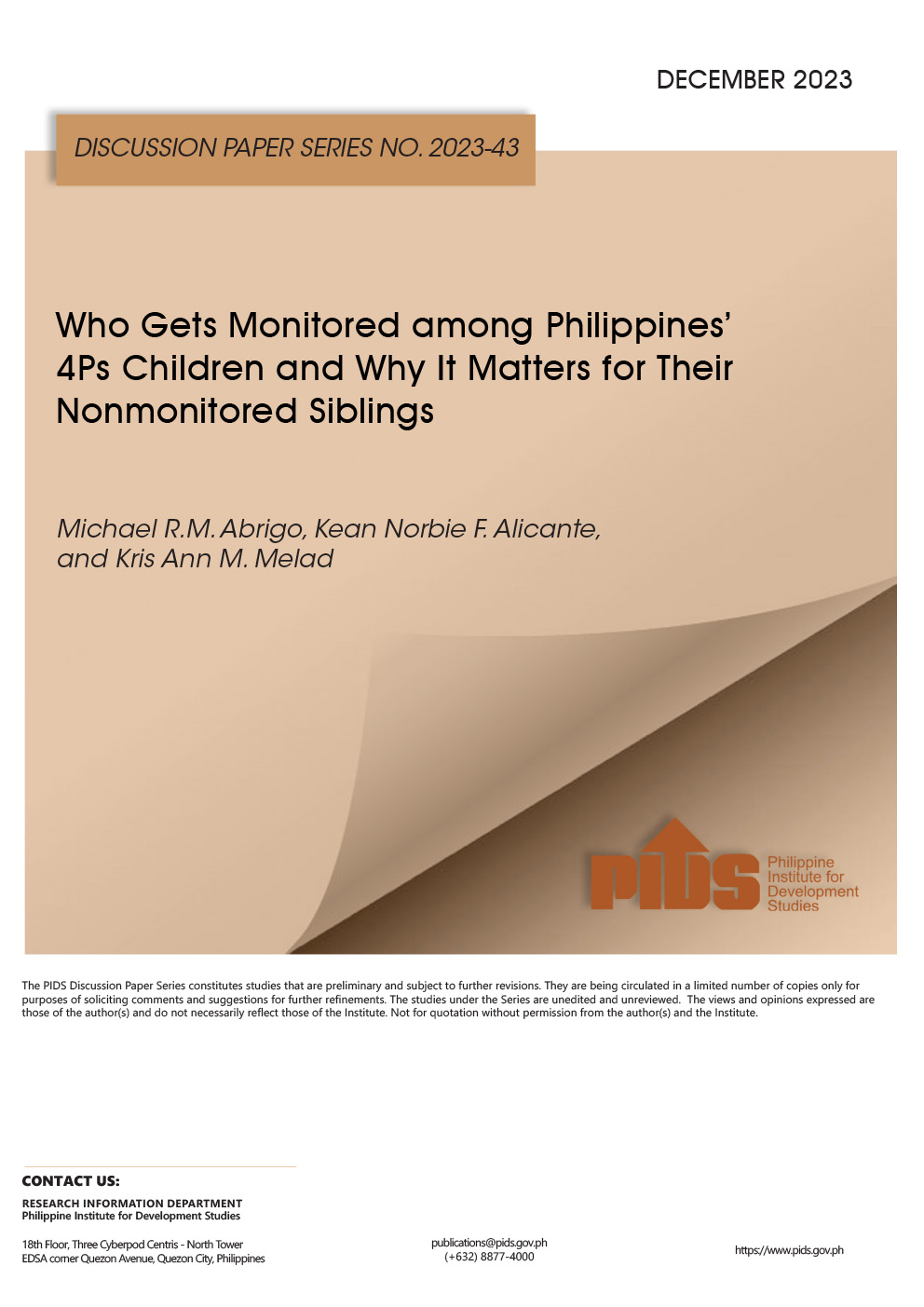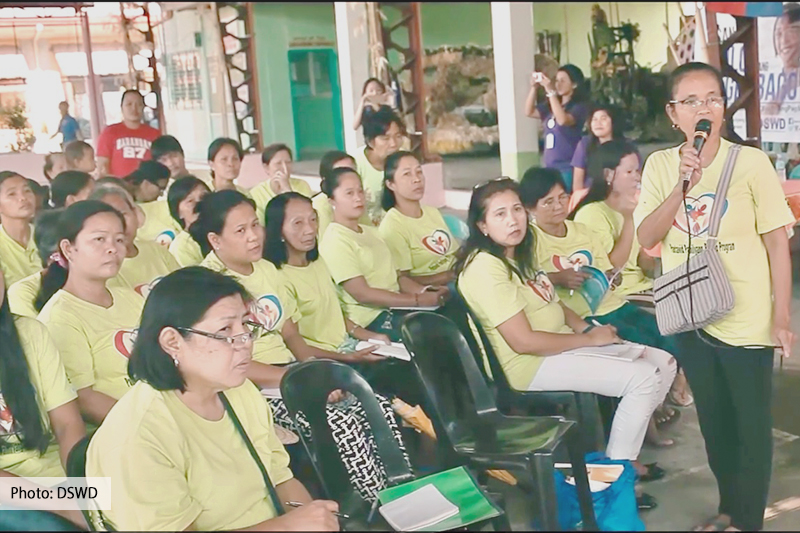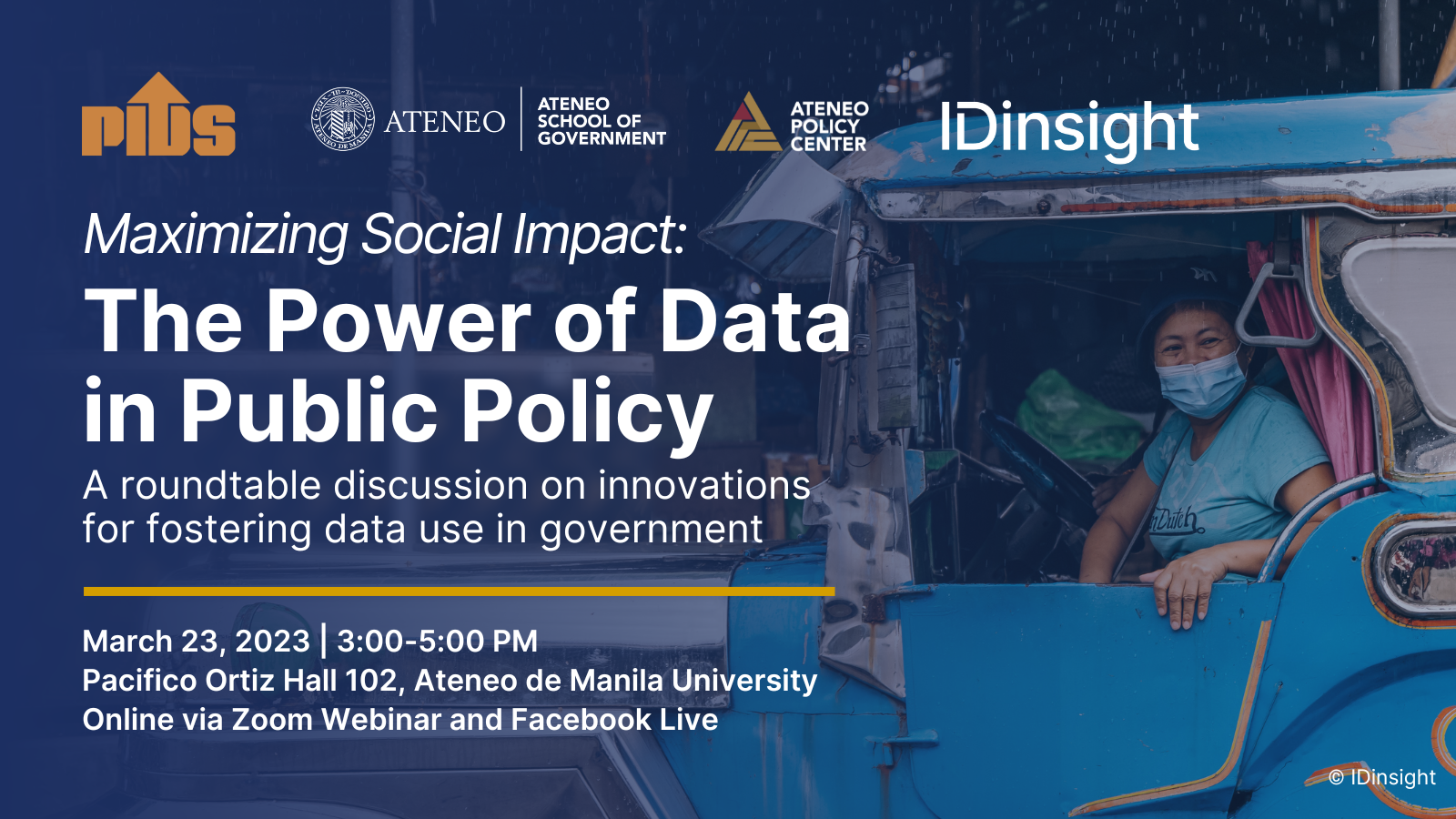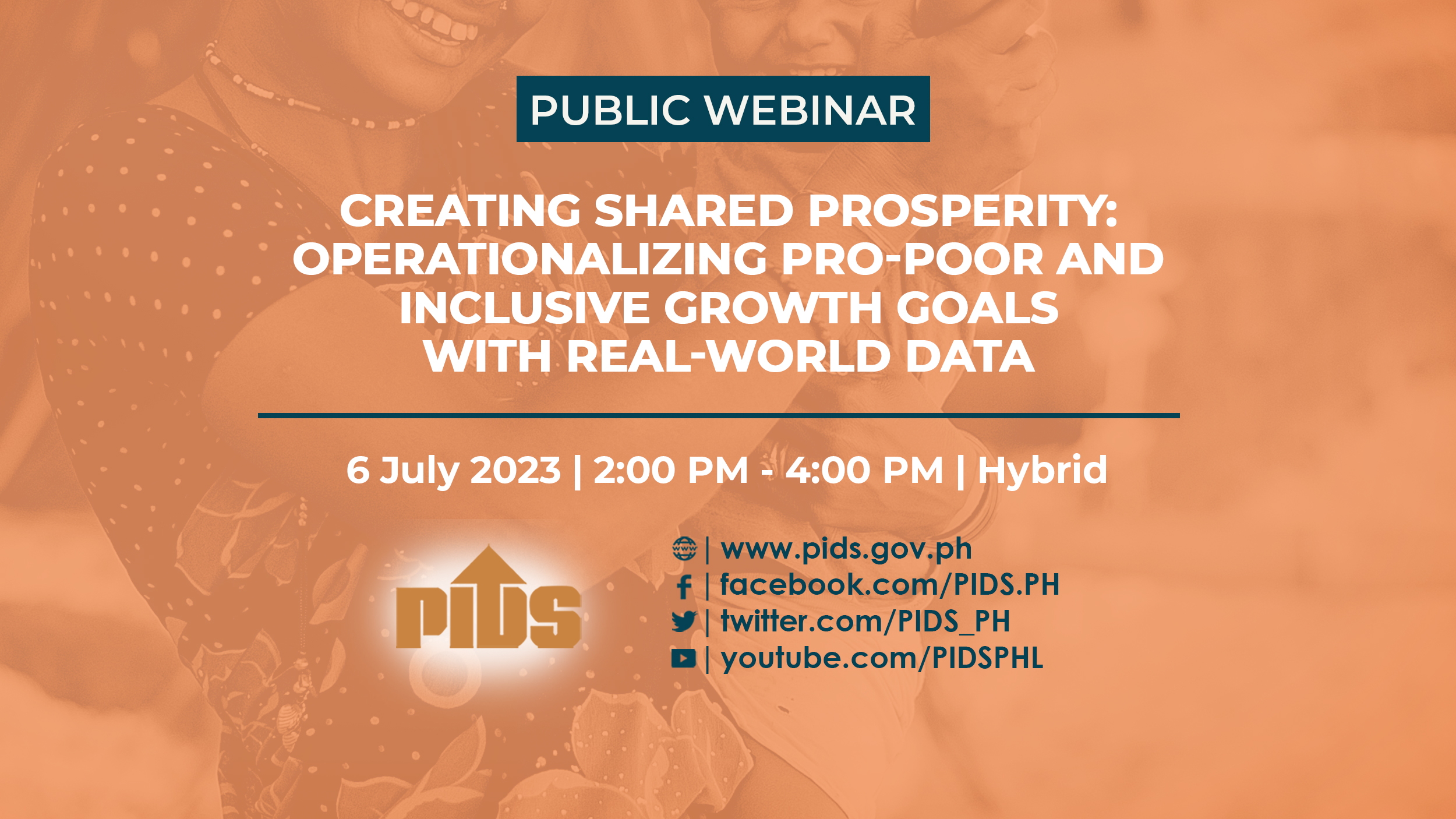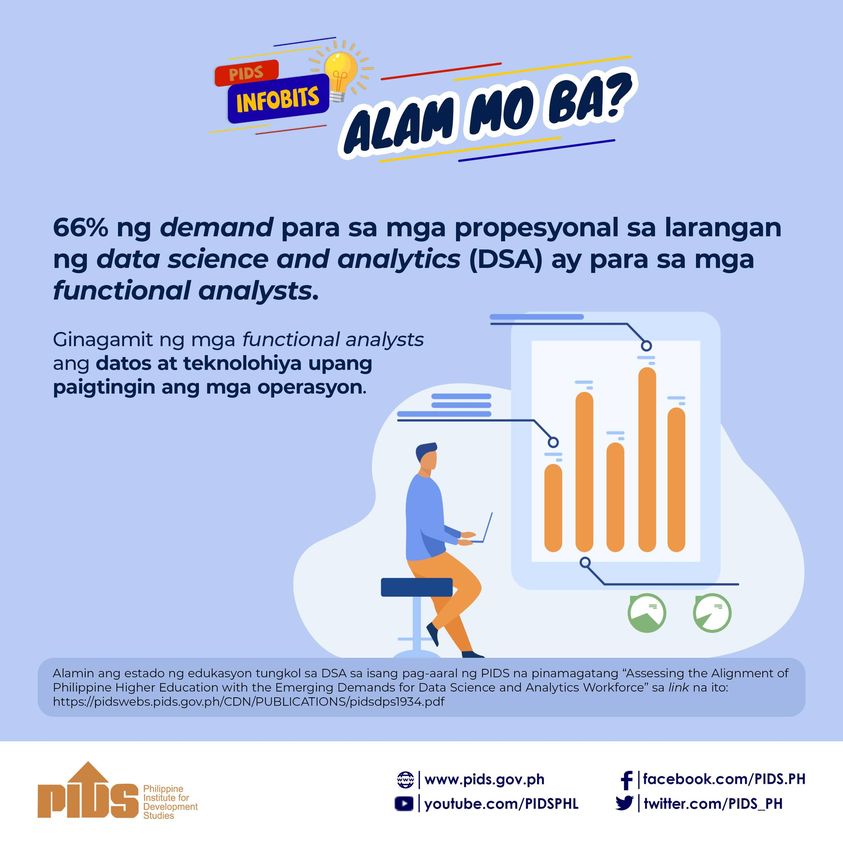POOR-QUALITY data was one of the causes of delay in the timely distribution of the Social Amelioration Program (SAP), according to the Philippine Institute for Development Studies (PIDS).
The PIDS discussion paper, titled “Innovating Governance: Building Resilience Against Covid-19 Pandemic and Other Risks,” dwelt on funds for the SAP that were provided under the government’s Bayanihan to Heal as One Act of 2020 for those severely impacted by the pandemic-induced lockdowns.
The research team was led by PIDS Research Fellow Aubrey Tabuga.
The Department of Social Welfare and Development (DSWD) earlier said 13.7 million beneficiaries have already received their cash assistance from the government, but criticism of the prolonged implementation of the aid program has continued.
“This is compounded by the varying processes of local government units [LGUs] in identifying target recipients and the ’lack of reliable lists and databases for SAP validation and accountability’ in communities,” the authors said.
Another issue, PIDS said, is the lack of coordination and misalignment of plans and actions between the different levels of government.
According to the paper, the weak coordination between the national and local governments led to the violation of the enhanced community quarantine (ECQ) guidelines on social distancing and mass gathering.
Lessons
To address these gaps, the researchers urged the government to examine and learn from the best practices of its Asian peers and even LGUs nationwide.
“The authors underscored some lessons that the country can draw from both local and international experiences to be able to enhance its governance systems and structures,” PIDS said.
These lessons include the need to establish an integrated information system and data interoperability in all levels of government. This will improve data collection and information sharing, which are crucial to speed up the distribution of the government’s assistance to its intended beneficiaries.
The Philippine Identification System Act (Republic Act 11055) and the Free Internet Access in Public Places Act (RA 10929) are among the government’s initiatives to achieve this objective.
Second, it needs to strengthen the coordination and linkages among different government levels and across local governments. It is essential to align and harmonize plans and policies from top to bottom to ensure the effective implementation of measures against the pandemic and other risks.
International best practices included those found in South Korea, Singapore, Taiwan and Vietnam. PIDS said South Korea is open and transparent in data sharing to affected individuals, while Singapore implemented a package of restrictions and rules through the “circuit breaker”.
Taiwan has integrated the travel records of its citizens into its national health insurance database to monitor patients’ travel history, while Vietnam imposed strict entry and work permit bans on both local and foreign nationals.
“The authors pointed out that these countries used their experiences to build their information systems, allow for complementary laws and guidelines to work around data privacy and trust issues, and integrate databases such as immigration and health insurance records for ease of determination of travel history of patients,” PIDS said.
PIDS added that these governments were also proactive in dealing with the pandemic by immediately recognizing the threat early on and closing borders.
They also used innovations to create systems and applications to facilitate contact tracing and stop the transmission of disease.
Meanwhile, the authors noted that some LGUs in the Philippines also introduced innovations and reforms that their counterparts can adopt.
The state-owned think tank said the mayor of Marikina City initiated the opening of a testing center in his locality to treat infected residents at the earliest stage of the disease and isolate them.
The mayor of Pasig City has also rolled out various initiatives such as contact tracing, deployment of disinfectant drones, and conversion of hotels into quarantine facilities.
PIDS noted that the mayor also launched the “mobile palengke” program to minimize the number of people crowding at public marketplaces and assist those who have no access to transportation.

